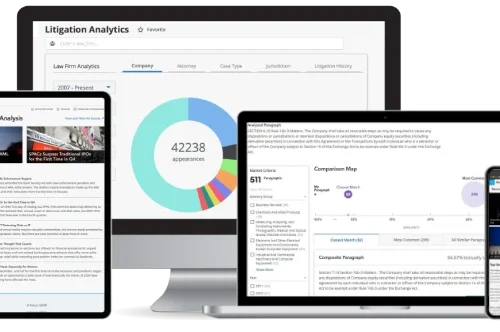Finding the right law firm for your company: A quick guide
As an entrepreneur, you may have to juggle multiple roles and responsibilities. There are many things that need your attention, but there’s also a limit to things you can do. Expertise in certain aspects is critical, especially concerning accounting, taxes, and regulatory compliance. Legal issues may crop up at different points in time, and there would be business disputes that must be resolved without compromising business interests. You cannot double up as an attorney, which is why it is necessary to get the right Law Firm on board. In this post, we are discussing the essential pointers that matter for choosing legal expertise for businesses.
- Start with the basics. You don’t need any random lawyer but someone who understands business law and aspects that concern your industry and sector. Making a shortlist is a good start, and you can always ask for references. Also, there is Google for help. Websites like Nolo and Avvo also have ready listings for different cities.
- Meet the team. Most lawyers are associated with firms that represent businesses across industries. If you have found a potential firm, ensure that you meet the lawyers in person to understand what they can do for your company. They will explain their work profiles, and more importantly, it is wise to ask about their experience working with similar firms.
- Ask about litigation experience. Business litigation is a complex and convoluted aspect of the law, and not many lawyers can claim that they have credible experience in that field. Ask the lawyer if they have been to court and have adequate trial experience. Ask about their typical as well as landmark cases.
- Check their clientele. How often does the litigation lawyer take up cases that are common to your industry? Who are their regular clients? How old are their clients? What is their retention rate? These are some questions that you must ask during the first meeting with an attorney or the law firm.
- Discuss their involvement. Your company can have a litigation lawyer to handle cases as and when required or go for a law firm that works on a retainer basis. The latter is always a better option, and as a client, you need to know whether a firm is ready to work on a regular basis so that the company doesn’t have to chase them.
Also, don’t forget to ask the lawyer about their fee, which is typically an hourly rate.





